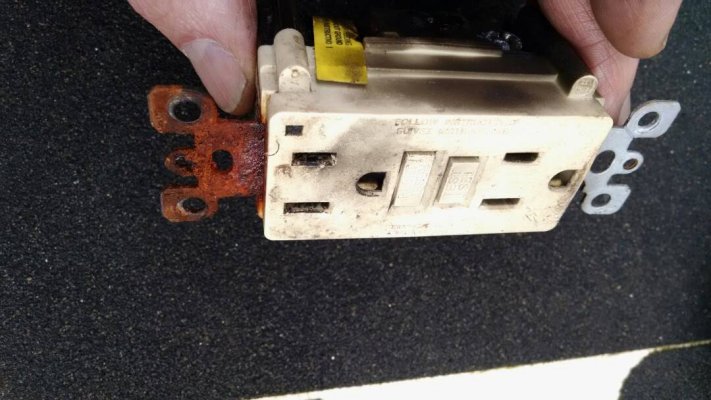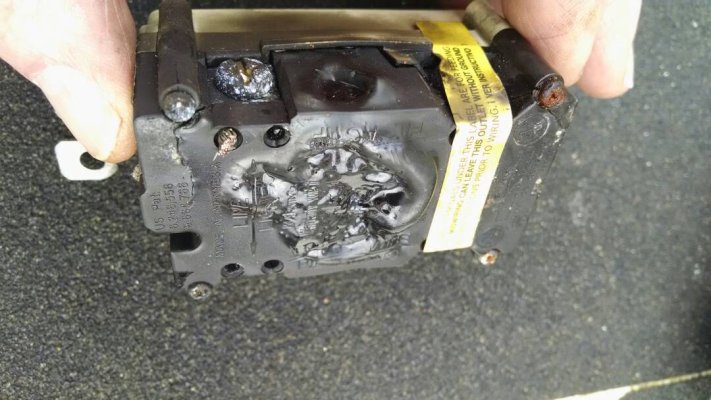dhays
Guru
- Joined
- May 26, 2015
- Messages
- 9,045
- Location
- United States
- Vessel Name
- Kinship
- Vessel Make
- North Pacific 43
I think that the Gremlins have invaded my boat. First it was the engine (still haven't solved that one so I am going to have to call a mechanic). Now it is a problem with one of my AC circuits.
I went down to the boat today and noticed that the power was off in the boat. The breakers had tripped. Trial and error led me to the AC circuit in the saloon. The system seems to be fine until I flip that breaker on, then the boats main breaker disconnects.
So, somehow magically between the time we left the boat on Monday evening until I got to the boat today, a fault developed. I already checked the GFI on that circuit and it is fine. I didn't have any more time to chase it down today and I won't until next weekend. In the mean time, since I know nothing about electricity, what would be the most likely things to check first?
I went down to the boat today and noticed that the power was off in the boat. The breakers had tripped. Trial and error led me to the AC circuit in the saloon. The system seems to be fine until I flip that breaker on, then the boats main breaker disconnects.
So, somehow magically between the time we left the boat on Monday evening until I got to the boat today, a fault developed. I already checked the GFI on that circuit and it is fine. I didn't have any more time to chase it down today and I won't until next weekend. In the mean time, since I know nothing about electricity, what would be the most likely things to check first?


